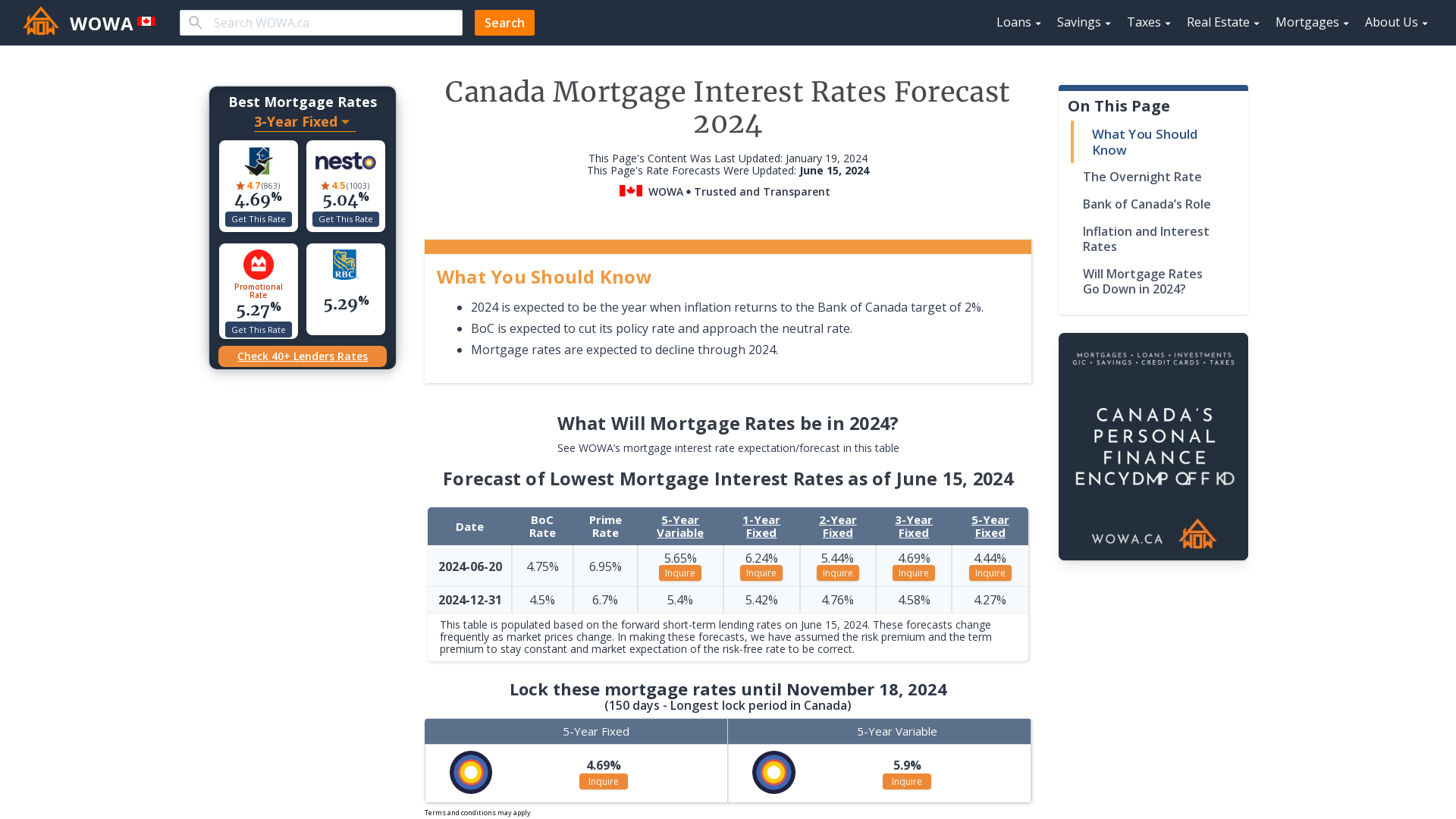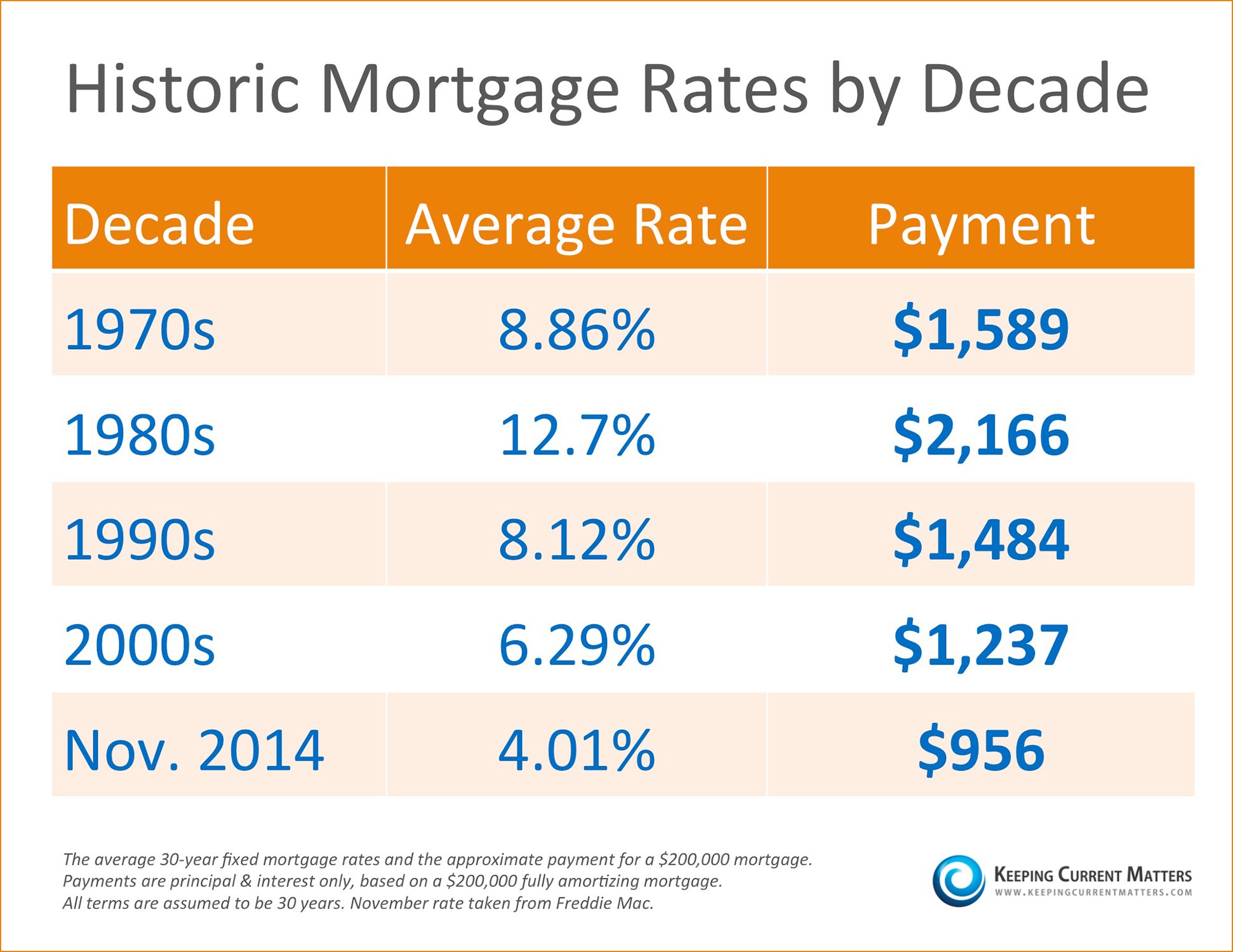Mortgage Interest Rates: Your Ultimate Guide To Understanding And Securing The Best Deal
Hey there, mortgage hunters! If you're reading this, chances are you're either thinking about buying a home or trying to figure out the ins and outs of mortgage interest rates. You're not alone—millions of people around the world are in the same boat. Mortgage interest rates are like the secret sauce of home buying. They can make or break your financial future, so understanding them is crucial. Let’s dive in and break it down for you, step by step.
Now, let’s get real for a second. Buying a house is one of the biggest financial decisions you’ll ever make. And while the house itself might be the star of the show, the mortgage interest rate is the behind-the-scenes player that can either save you thousands or cost you big time. Think of it as the silent partner in your dream home journey. So, if you’re serious about getting the best deal, you need to know what you’re up against.
Before we jump into the nitty-gritty, here’s a quick heads-up: this isn’t just another boring guide filled with jargon. We’re going to break down everything you need to know about mortgage interest rates in a way that’s easy to digest. From how rates are determined to tips for securing the best deal, we’ve got you covered. Ready? Let’s get started!
Read also:Young Judi Dench The Early Life And Journey Of A Legendary Actress
What Are Mortgage Interest Rates Anyway?
Alright, let’s start with the basics. Mortgage interest rates are essentially the cost of borrowing money to buy a house. Think of it as the price you pay for the privilege of using someone else’s cash. These rates are expressed as a percentage of the total loan amount and can vary depending on a bunch of factors. But here’s the kicker: even a small difference in the rate can have a massive impact on your monthly payments and overall cost.
For example, if you’re taking out a $300,000 mortgage, a rate of 4% might seem okay, but a rate of 3.5% could save you thousands over the life of the loan. It’s all about the little details that add up in the long run. So, whether you’re a first-time buyer or a seasoned pro, understanding how these rates work is key to making smart financial decisions.
How Are Mortgage Interest Rates Determined?
Here’s where things get interesting. Mortgage interest rates aren’t just plucked out of thin air. They’re influenced by a whole range of factors, from the state of the economy to your personal financial situation. Let’s break it down:
- Economic Conditions: The overall health of the economy plays a huge role in determining interest rates. When the economy is booming, rates tend to rise, and when it’s struggling, they often drop.
- Federal Reserve Policies: The Fed has a big say in how rates are set. Their decisions on monetary policy can either encourage or discourage borrowing.
- Your Credit Score: Yep, your creditworthiness matters. A higher credit score can get you better rates, while a lower score might mean paying more.
- Loan Type: Different types of loans come with different rates. Fixed-rate mortgages, for instance, offer stability, while adjustable-rate mortgages can fluctuate over time.
See what I mean? It’s not just one thing—it’s a combination of factors that work together to determine your rate. Understanding these dynamics can help you make more informed choices when it comes to your mortgage.
The Impact of Mortgage Interest Rates on Your Wallet
Let’s talk dollars and cents. Mortgage interest rates have a direct impact on your wallet, both in the short term and the long term. In the short term, a higher rate means higher monthly payments, which can strain your budget. In the long term, even a small increase in the rate can add up to tens of thousands of dollars in extra interest payments.
For instance, let’s say you’re looking at a 30-year fixed-rate mortgage for $400,000. At a rate of 4%, your monthly payment would be around $1,910. But if the rate jumps to 5%, your payment goes up to $2,150. Over 30 years, that’s a difference of over $80,000. Crazy, right?
Read also:Blake Sheltons Political Views In 2024 What Fans Need To Know
Fixed vs. Adjustable: Which One’s Right for You?
When it comes to mortgage interest rates, one of the biggest decisions you’ll face is whether to go with a fixed-rate or an adjustable-rate mortgage. Both have their pros and cons, so let’s weigh them out:
- Fixed-Rate Mortgages: These offer stability and predictability. You know exactly what your payments will be for the life of the loan, which can be a huge relief. However, they might come with slightly higher rates initially.
- Adjustable-Rate Mortgages: These start with a lower rate, but it can change after a certain period, usually 5 or 7 years. If rates go up, so will your payments. But if they go down, you could save big.
Ultimately, the choice depends on your financial goals and risk tolerance. If you value stability, a fixed-rate might be the way to go. But if you’re comfortable with a bit of uncertainty, an adjustable-rate could work in your favor.
How to Secure the Best Mortgage Interest Rates
Now that you know how important mortgage interest rates are, let’s talk about how to get the best deal. Here are some tips and tricks to help you secure the lowest rate possible:
- Boost Your Credit Score: A higher credit score can open doors to better rates. Pay your bills on time, reduce your debt, and avoid opening new lines of credit before applying for a mortgage.
- Shop Around: Don’t settle for the first rate you’re offered. Compare rates from multiple lenders to ensure you’re getting the best deal.
- Consider a Larger Down Payment: Putting down more money upfront can reduce your loan amount and, in turn, your interest rate.
- Lock in Your Rate: If you find a great rate, consider locking it in to protect yourself from future increases.
These strategies might take a bit of effort, but they can save you a ton of money in the long run. Remember, every little bit counts when it comes to mortgage interest rates.
Common Mistakes to Avoid When Applying for a Mortgage
While we’re on the topic of securing the best rates, let’s talk about some common mistakes people make when applying for a mortgage:
- Not Shopping Around: Relying on just one lender can cost you big time. Always compare rates and terms.
- Ignoring Extra Fees: Some lenders might offer a low rate but tack on extra fees that eat into your savings.
- Not Understanding the Terms: Make sure you fully understand the terms of your mortgage before signing on the dotted line.
Avoiding these pitfalls can make a huge difference in your overall mortgage experience. Knowledge is power, and in this case, it can save you thousands.
Understanding the Role of Inflation on Mortgage Rates
Inflation is another big player in the mortgage game. When inflation rises, so do interest rates. This is because lenders want to ensure they’re not losing money due to the decreasing value of currency over time. It’s a balancing act, and one that can have a significant impact on your mortgage rate.
For example, if inflation is expected to rise, lenders might increase rates to compensate. This can lead to higher monthly payments for borrowers. On the flip side, if inflation is low or falling, rates might drop, making borrowing more affordable.
How Global Events Affect Mortgage Rates
Global events, like economic crises or political instability, can also influence mortgage rates. When uncertainty looms, investors often flock to safer investments, like government bonds. This increased demand can drive down yields, which in turn can lower mortgage rates. It’s a complex web, but understanding these dynamics can help you make more informed decisions.
What’s the Future of Mortgage Interest Rates?
Looking ahead, the future of mortgage interest rates is anyone’s guess. Economic forecasts suggest that rates might continue to rise as the economy recovers from recent challenges. However, there are always factors at play that could change the trajectory. Keep an eye on economic indicators, Federal Reserve announcements, and global events to stay ahead of the curve.
Tips for Staying Ahead of Rate Changes
Here are a few tips to help you stay ahead of rate changes:
- Monitor Economic Indicators: Keep an eye on inflation, employment rates, and other economic factors that can influence rates.
- Set Alerts: Use online tools to set alerts for rate changes so you’re always in the know.
- Stay Informed: Follow reputable financial news sources to stay up-to-date on the latest developments.
Staying informed is the best way to ensure you’re always prepared for whatever the market throws your way.
Conclusion: Taking Control of Your Mortgage Journey
So, there you have it—your ultimate guide to understanding and securing the best mortgage interest rates. From the basics to advanced strategies, we’ve covered it all. Remember, mortgage interest rates can be a bit tricky, but with the right knowledge and tools, you can make smart decisions that benefit your financial future.
Now, here’s the kicker: don’t just sit there—take action! Whether it’s boosting your credit score, shopping around for the best rates, or staying informed about market trends, every step you take can make a difference. And don’t forget to share this article with your friends and family. Knowledge is power, and the more people know, the better off we all are.
Until next time, keep chasing those dreams and securing those rates!
Table of Contents
- What Are Mortgage Interest Rates Anyway?
- How Are Mortgage Interest Rates Determined?
- The Impact of Mortgage Interest Rates on Your Wallet
- Fixed vs. Adjustable: Which One’s Right for You?
- How to Secure the Best Mortgage Interest Rates
- Common Mistakes to Avoid When Applying for a Mortgage
- Understanding the Role of Inflation on Mortgage Rates
- How Global Events Affect Mortgage Rates
- What’s the Future of Mortgage Interest Rates?
- Tips for Staying Ahead of Rate Changes
Article Recommendations

![Buying a Home? Mortgage Rate Guide for Singapore [2023]](https://blog.roshi.sg/wp-content/uploads/2022/08/Singapore-Home-Loan-Rates-2022.jpeg)
